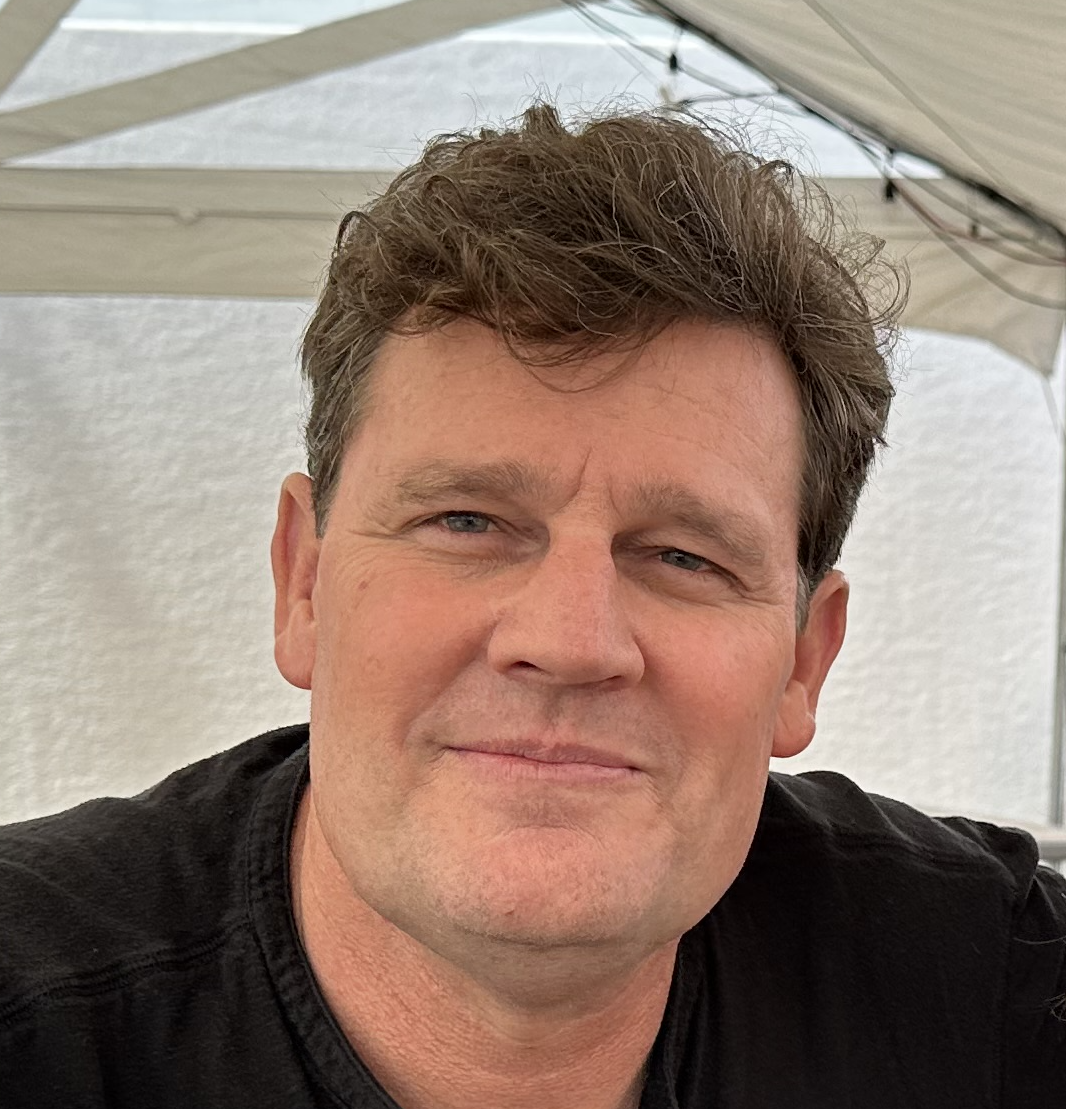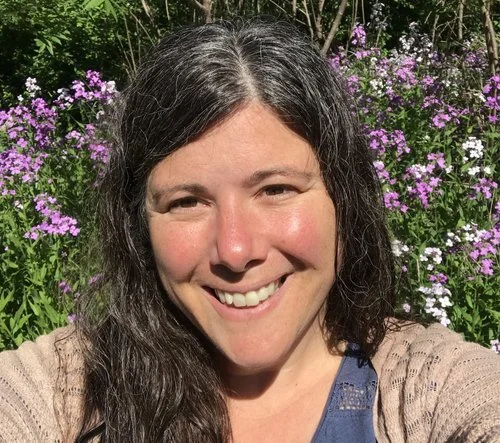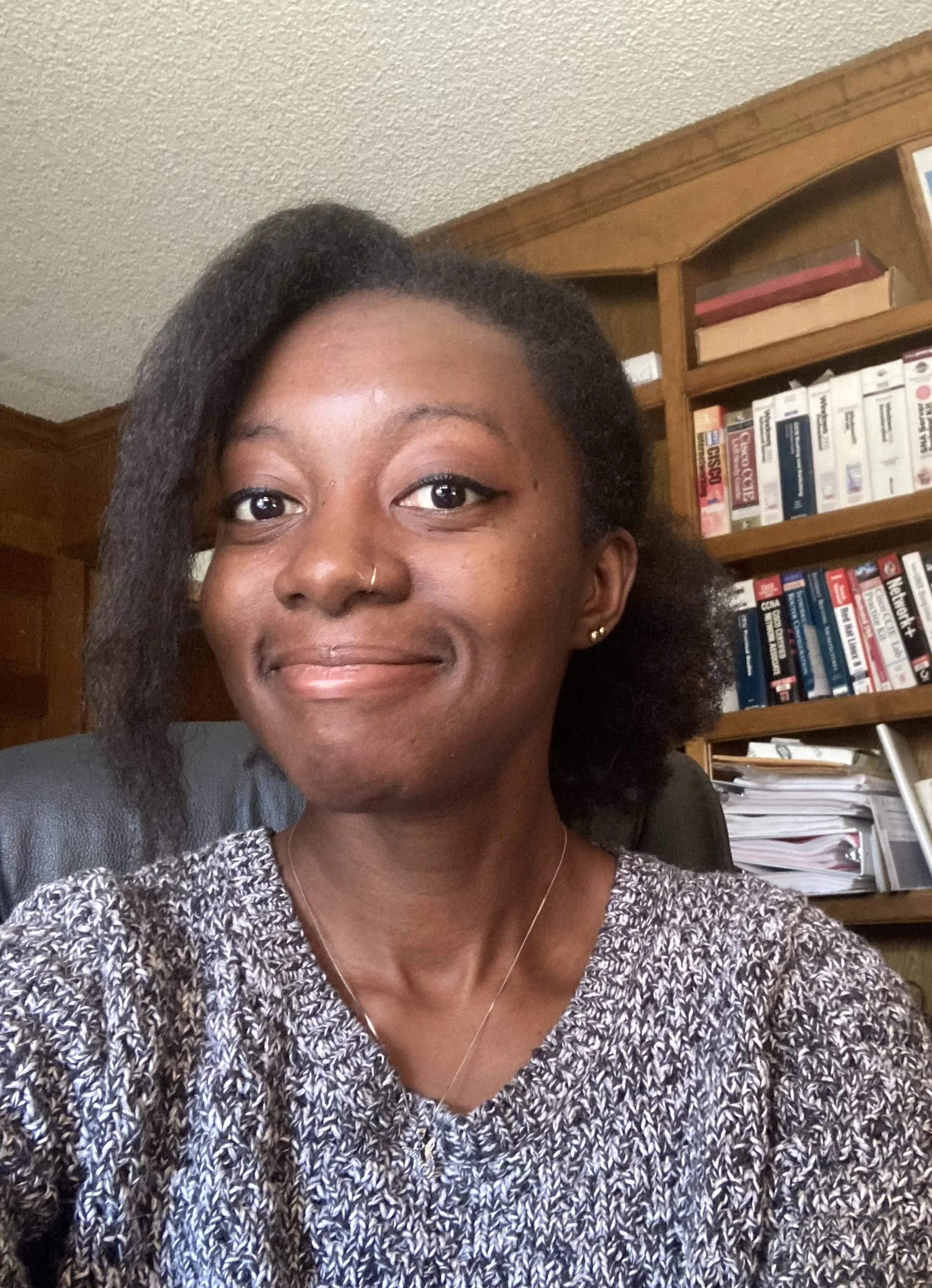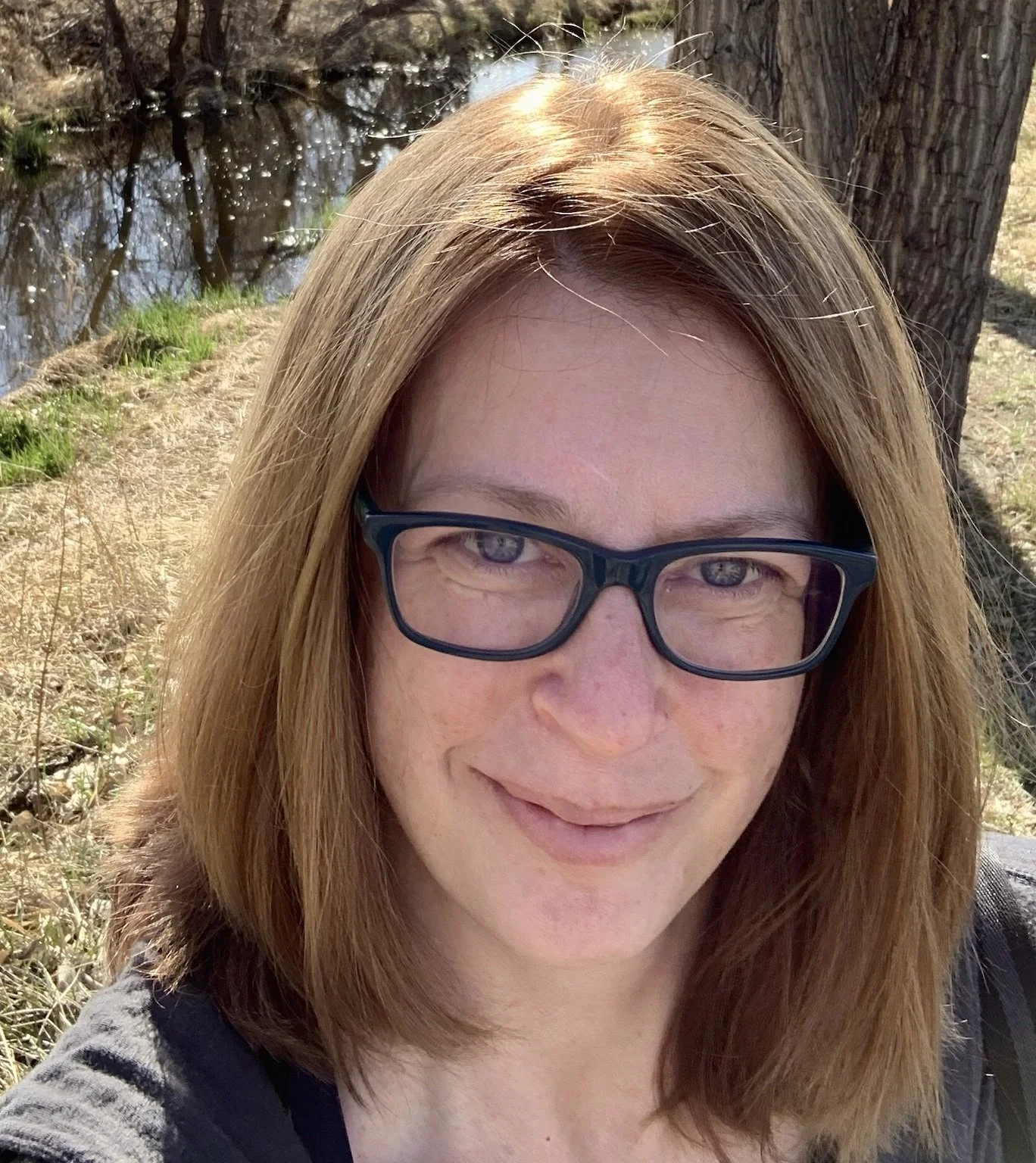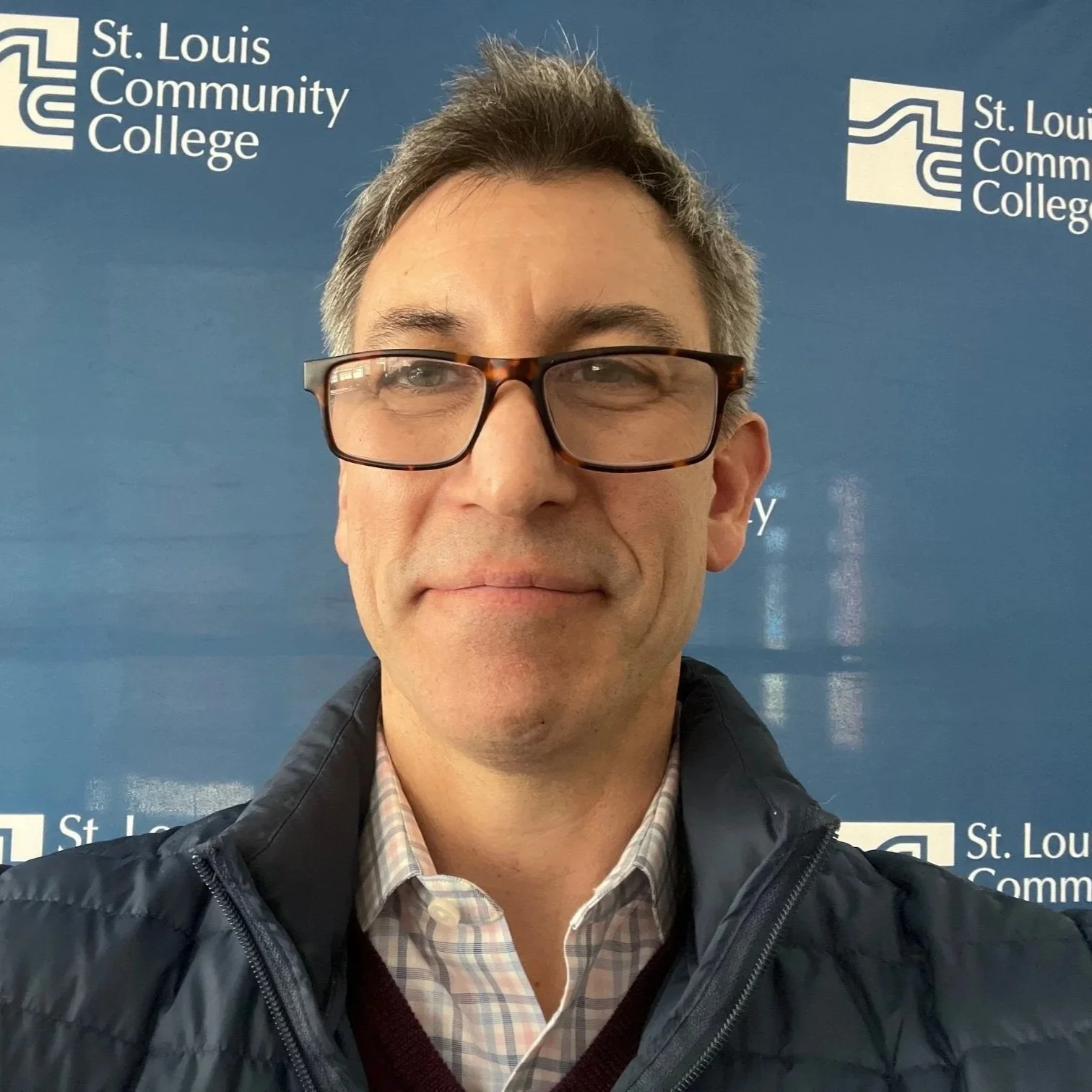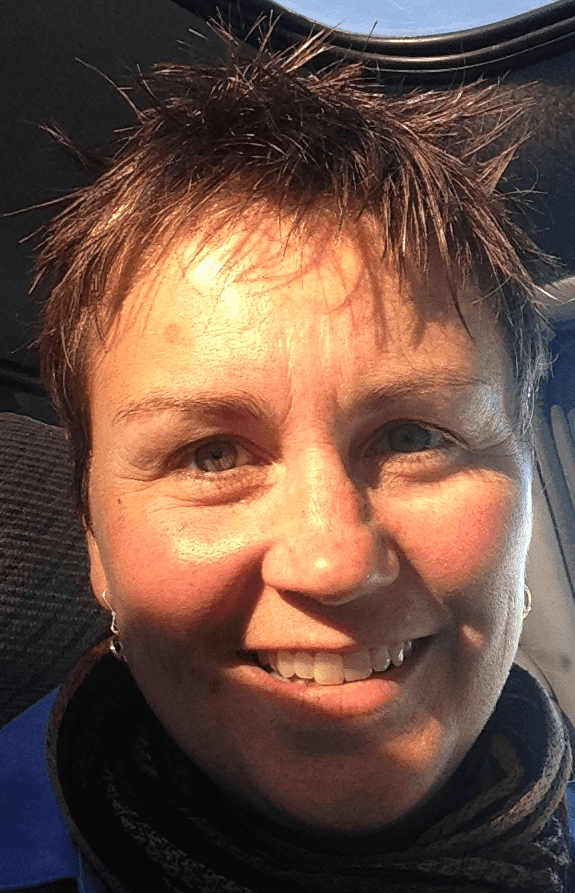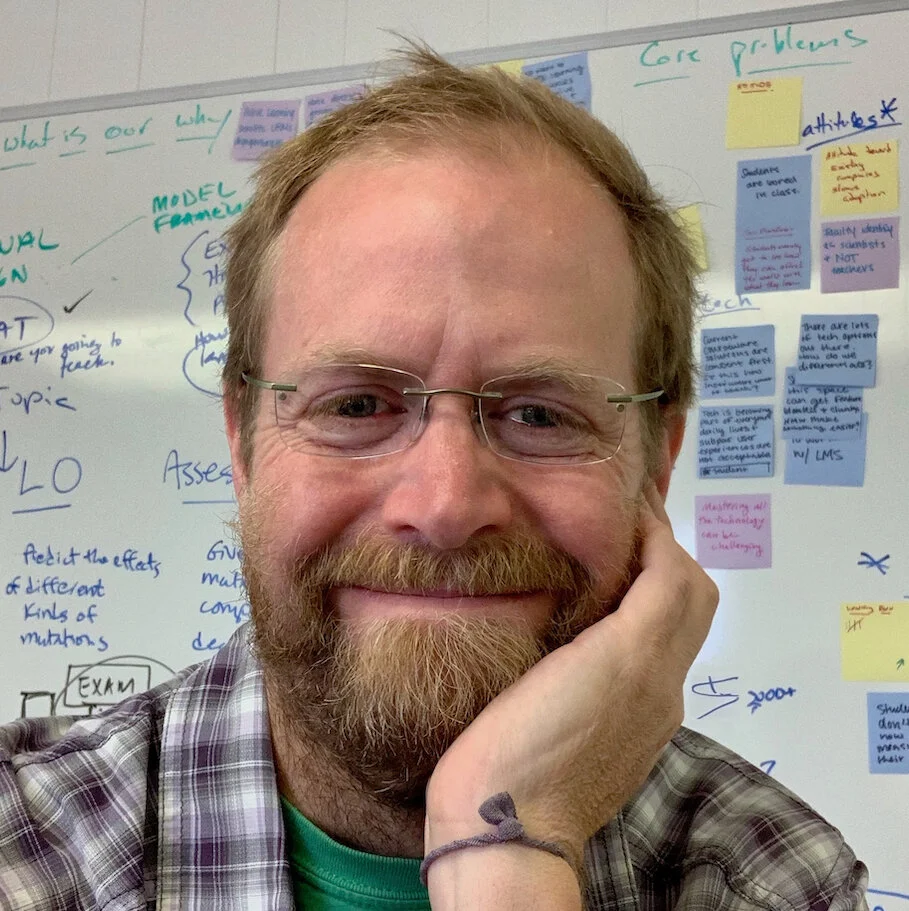About Codon Learning
Codon Learning’s mission is to help all students succeed in biology and stay in college. We do this by helping faculty and students apply evidence-based teaching and learning practices, many of which are made easier with effective educational technology.
Dr. Scott Freeman at the University of Washington—who’s known for his education research and leading textbooks—describes us well:
“Before Codon, no one had ever designed a teaching and learning platform that implemented backward design and high-structure course design, much less insights from the cognitive science literature on metacognition and self-regulated learning. They are working at an entirely different level of sophistication than any company I’ve run across.”
Our efficacy studies show that the Codon platform helps all students perform better and that it's having an oversized effect on students who come to college less prepared.
Today, the platform is used in over 750 courses at many different types of colleges and universities. Our funding comes from the National Science Foundation and scientists who care deeply about improving science education.




